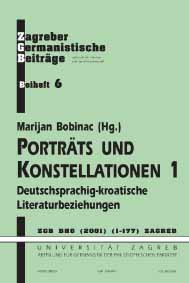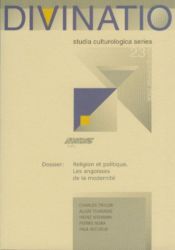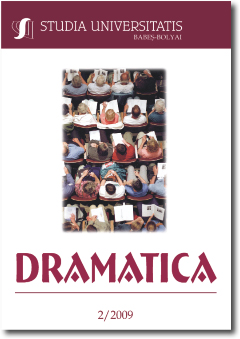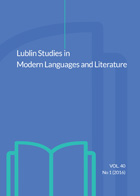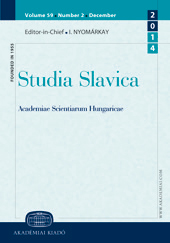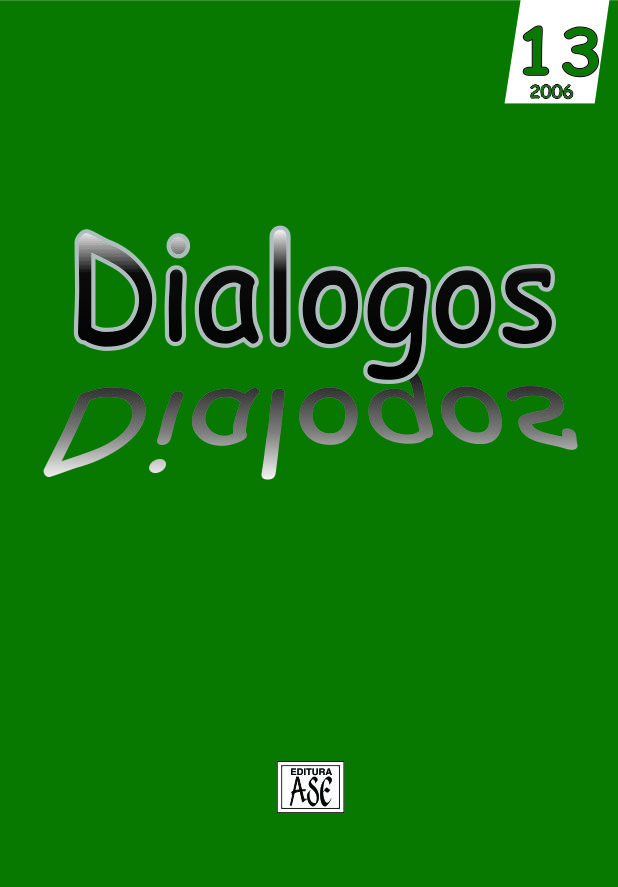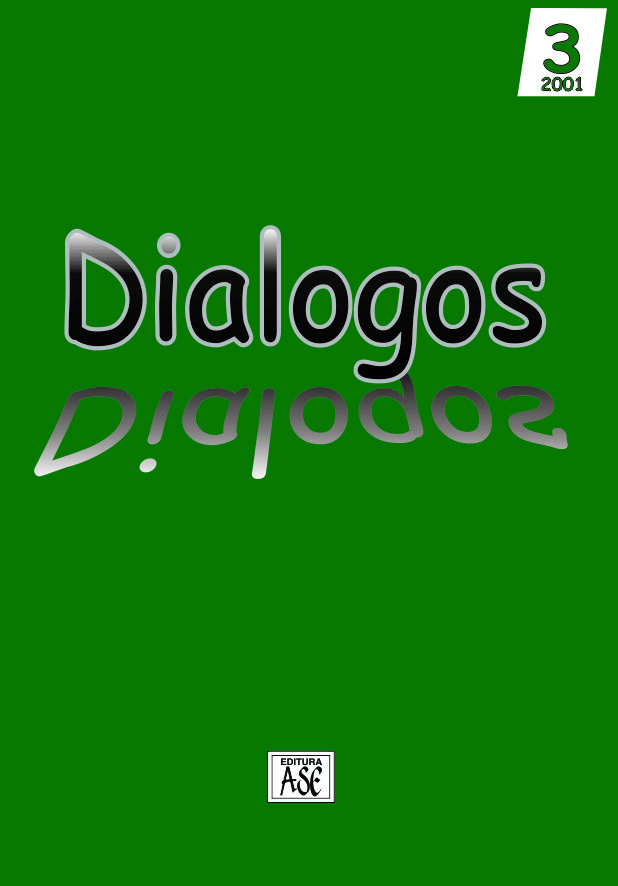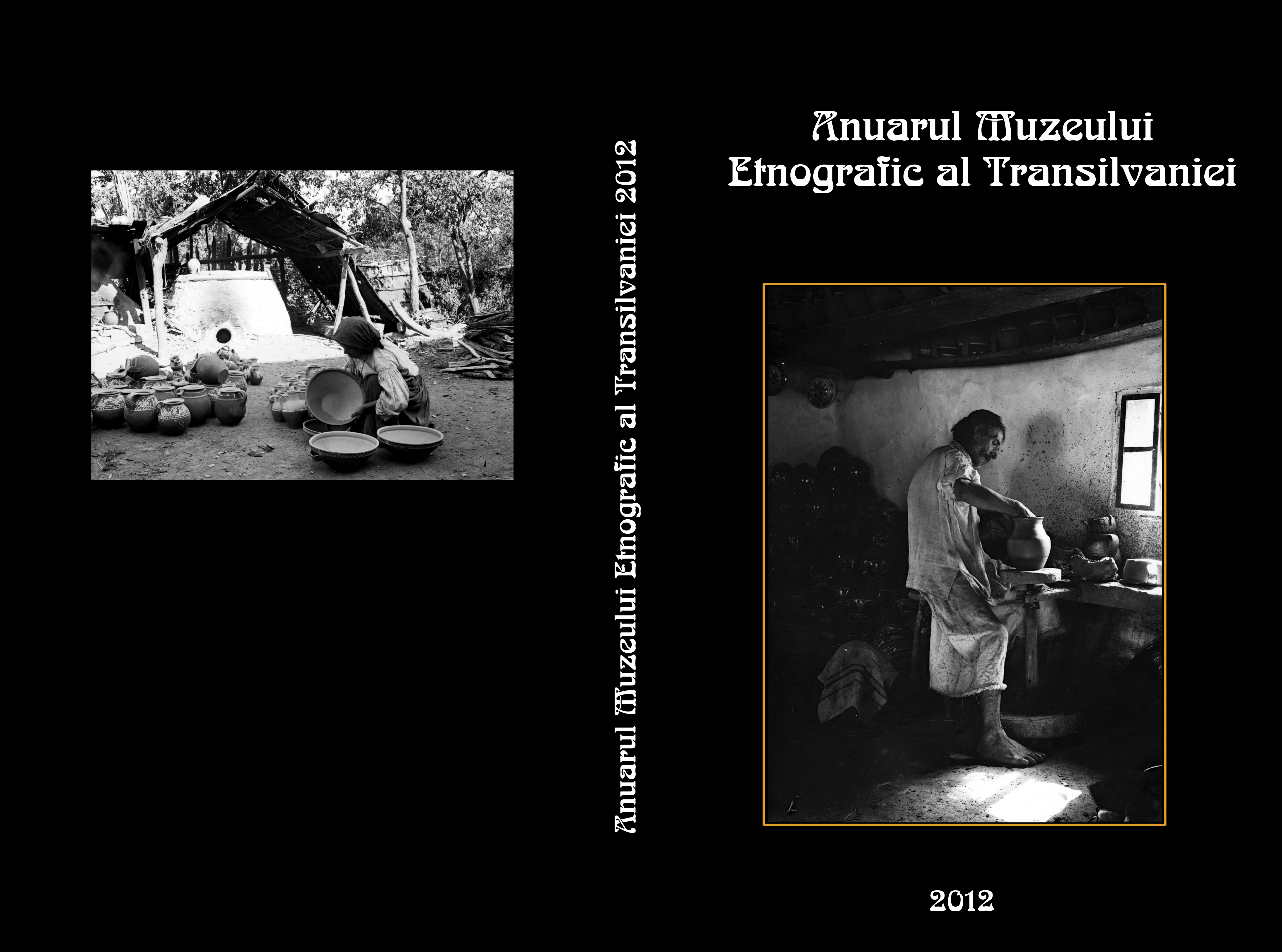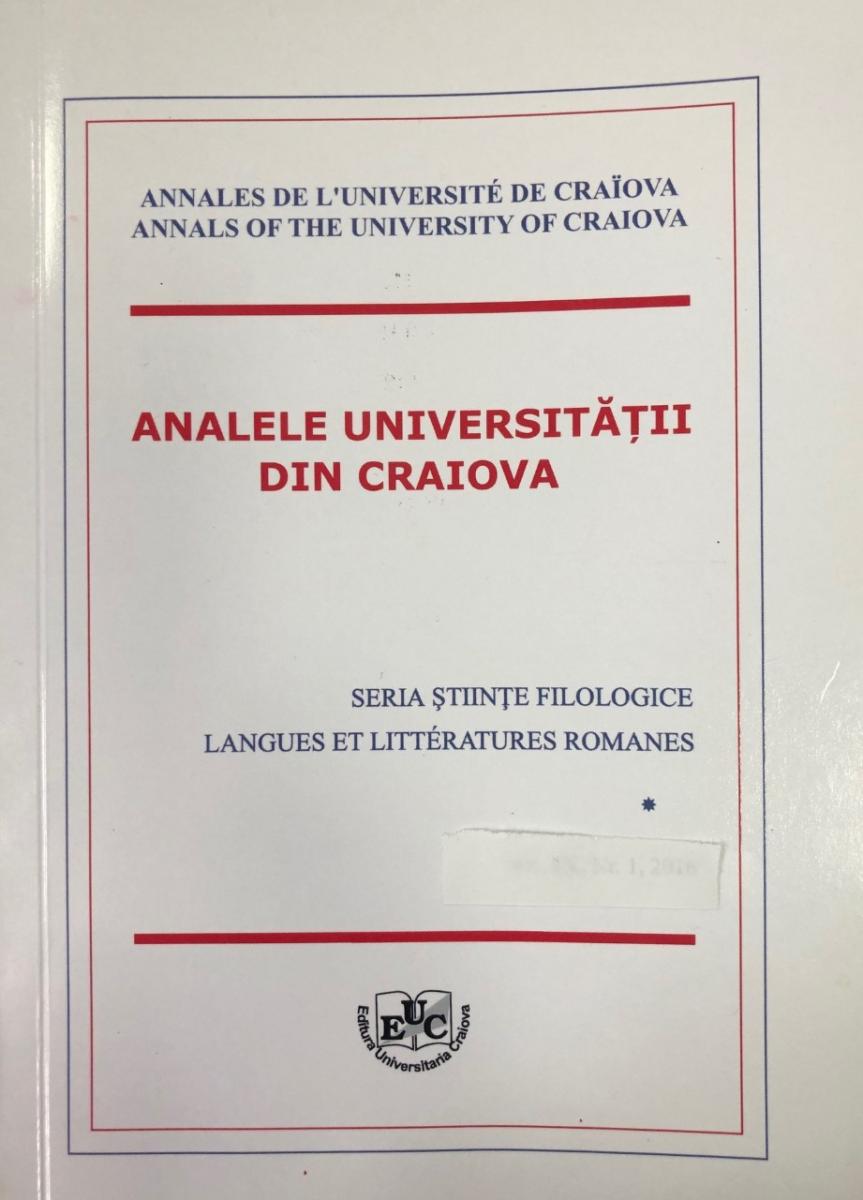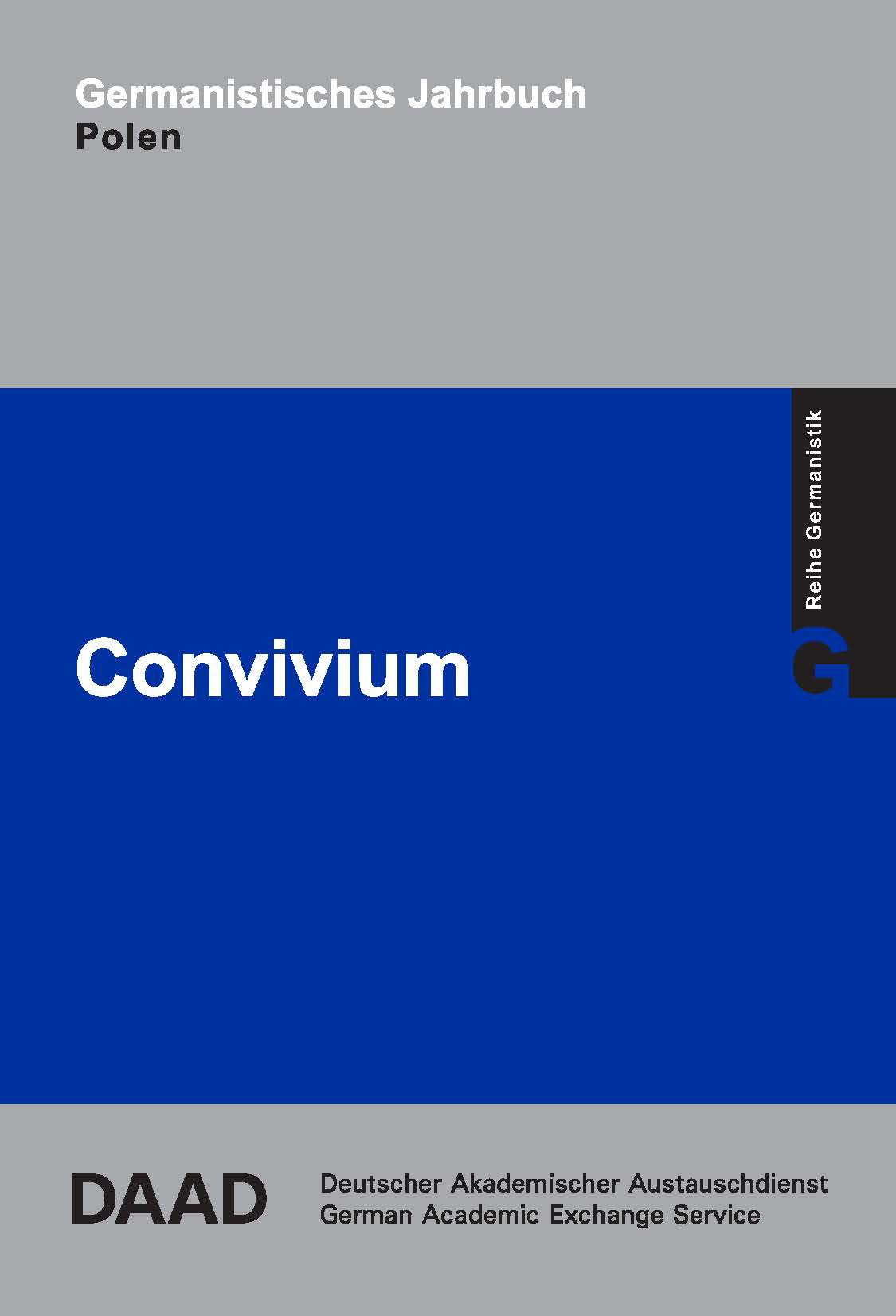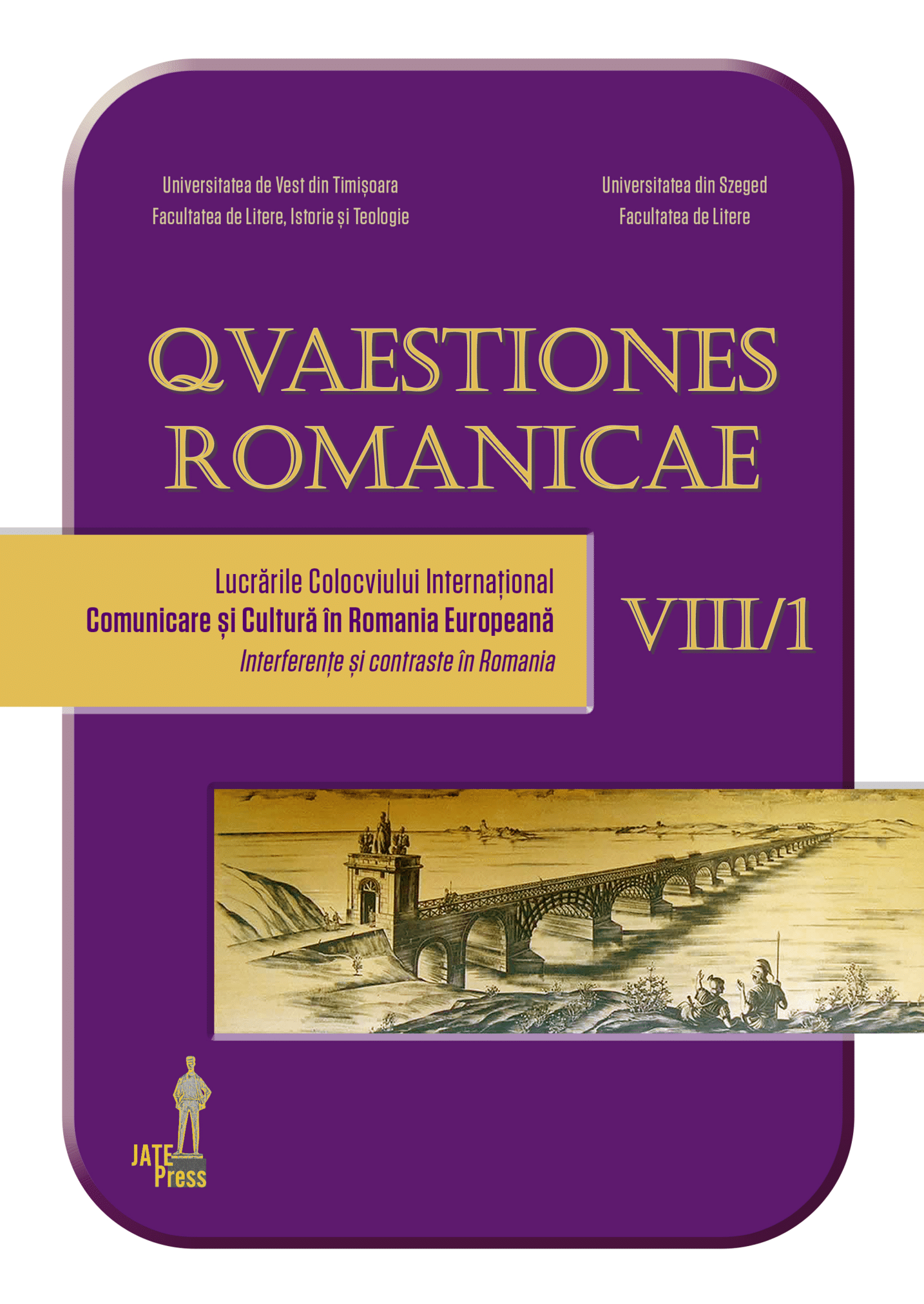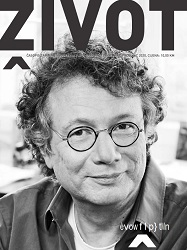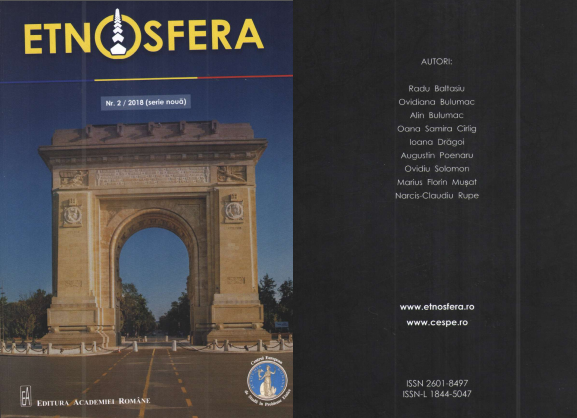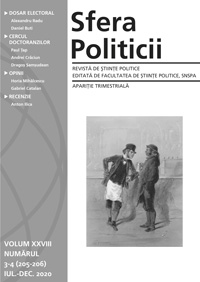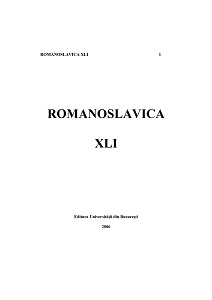"For our wrestling is not against flesh and blood..." (Eph. 6,12) - A Practical Theology of Principalities and Powers
"Denn wir kämpfen nicht gegen Fleisch und Blut..." (Eph. 6,12) - Eine praktische Theologie der Mächte und Gewalten
Die biblische Rede von den Mächten und Gewalten gehört in den Zusammenhang der biblischen Vorstellung, dass es einen Bereich himmlischer Kräfte gibt, die dem menschlichen Zugriff entzogen sind. Der Himmel als Zwischenraum ist bevölkert von Engeln und Dämonen, von Mächten und Gewalten, deren Personalität sich im Dienst für oder im Widerstand gegen Gott bildet. Auch Kräfte der Natur, die unbeherrschbar sind, und Kräfte der Kultur, die zu "herrenlosen Gewalten" geworden sind, können als mit Willen und Personalität ausgestattet erscheinen. So können die gottfeindlichen, bösen Mächte und Gewalten als wirksam in gesellschaftlichen Herrschaftsformen gesehen werden, in den systemischen Mächten von Politik, Ökonomie oder Technik. Die Kirche ist gezwungen sich mit den Mächten und Gewalten geistlichgeistig auseinanderzusetzen. Die wichtigsten Mittel dieser Auseinandersetzung sind das Gebet als Kampfhandlung und die Vergebung als Praxis der Verwandlung und Heilung von Beziehungen und Erinnerungen. Weil es möglich ist, dass die Mächte und Gewalten in den Verhältnissen "hier" und "jetzt" siegen können ist es notwendig, den Umgang mit Niederlagen zu lernen und eine Spiritualität der Anfechtung zu entwickeln. Schließlich ist die Kirche selbst auf die Kraft der Verwandlung angewiesen ist. Dafür könnte die Wahrnehmung des jeweiligen Engels der Gemeinde wichtig sein.
More...
